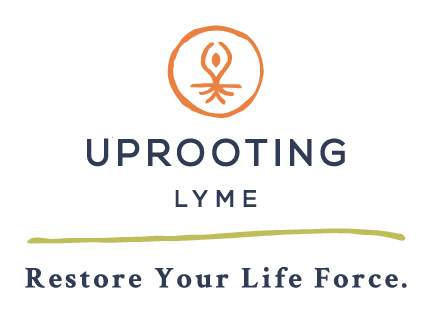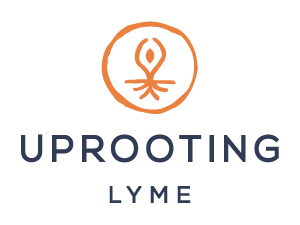
Embodiment in the Context of Chronic Illness
Part 2 of our “Embodiment Series” with Daniel Weinberg, LAc.
This post is dedicated to anyone navigating chronic disease, including both the person experiencing the condition and anyone providing support.
In Part 1 of our Embodiment Series I posed the question: Can we simply pay attention to the current lived experience of our bodies? As a follow-up to that question, I wonder: How can we approach the topic of embodiment in the context of chronic illness?
Many of the conditions we address in our clinic are chronic in nature, complex, and almost always involve pain, both physical and emotional. The reality is, if you suffer from such a condition, simply paying attention to the current lived experience of your body is complicated by the fact that it can feel like you are fighting against your body just to make it through the day.
Arriving at an authentically embodied state when you are in the midst of a health crisis means you’re having to sit with a host of difficult, oftentimes depressing (but ultimately useful) truths.
If you relate to this experience, I want you to know this: I see you, I hear you, your current truths are valid. And you are not alone!
What follows are some common struggles that I hear from patients going through tough health challenges, and the embodied truths that may uplift anyone dealing with a chronic health condition.
- Feeling exhausted – being in physical and/or emotional pain is inherently taxing – a body out of balance is working hard to reestablish homeostasis. Energy will return when your pain is processed or managed in a healing way.
- Feeling hopeless – you’ve made significant lifestyle/dietary changes and it feels like a lot of effort with little immediate reward – Know there is a solution, you are moving in the right direction to strengthen your life force. Healing takes time, so stay committed and focus on subtle shifts and improvements in the short term. Look for more substantial gains at 1-month, 3-month, and 6-month evaluations of progress. At that point, if a modality, diet, or treatment proves fruitless, follow your instincts to try something new.
- Feeling sadness – you’re mourning the loss of “what used to be” or “how you used to feel” – it’s OK to feel sad about this! What is important here is to feel something and not to numb yourself from grief.
In the process of writing this post, a dear friend reminded me that, at its core, embodiment invites us to be with what is instead of being with what isn’t (i.e. ruminating over what your body used to feel like, imagining what other people’s bodies must feel like, or wishing your body felt any other way than how it feels right now). Fixating on the past or manufacturing narratives is an illusion, and does not serve us in the moments when our bodies are asking us to slow down and tune in.
I want to acknowledge that the notion of opening ourselves up to being with what is may feel quite uncomfortable. After all, when your current felt sense is painful or deeply depressing, this can be overwhelming, and can result in a negative emotional reaction – and this is okay.
One strategy is to borrow a tactic from Somatic Experiencing called pendulation, which shifts focus during moments of overwhelm to finding pleasurable or neutral sensation; i.e. is there a part of my body that feels less bad, or pleasurable, or supported in some way? Find that space, and hold on to it for a few moments, find refuge in those sensations. Practicing pendulation encourages our nervous system to down-regulate. It is a microdose of relief, and sometimes that is enough.
A proverb comes to mind that I first heard from an instructor during my time at the Seattle Institute of East Asian Medicine that has stuck with me for its simplicity and pragmatism. It offers: “don’t let the perfect be the enemy of the good enough”. Maybe you can’t run a 5k right now, or maybe you don’t have the energy to go to many social events. But, can you walk outside in nature for 20 minutes? Can you reach out and confide in a friend who cares about you? It might seem insignificant, or not enough to turn your world around in an instant, but I assure you that in some small way, you’ll feel better for having done something to nourish yourself – a step in the right direction on your healing journey.
Until next time, take good care.
Daniel Weinberg, L.Ac
Schedule with Daniel today! Email us at info@noulifehealth.com to set up an appointment.





